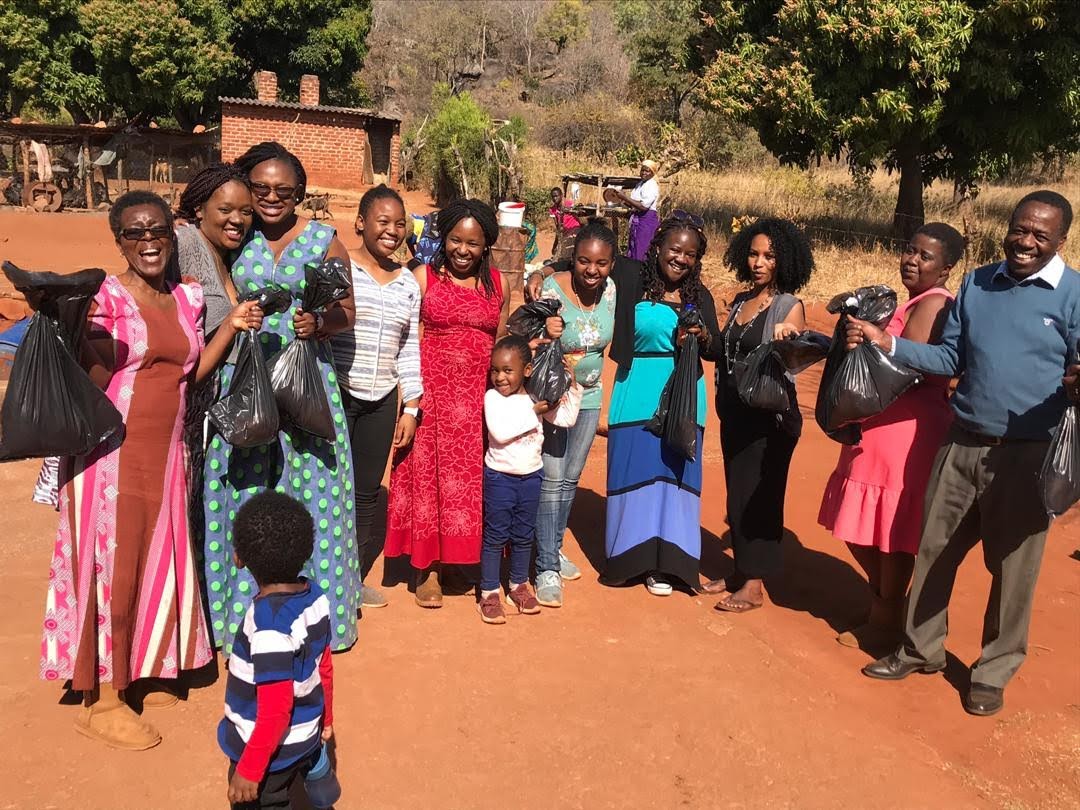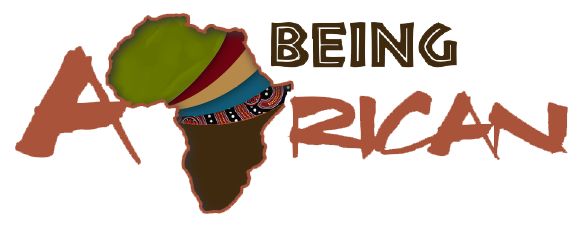
Neighborly Practices in Shona Culture
Neighborly Practices
Kubata maoko
If a community member passes on, all the neighbors in the village take it as if their own family member has passed on. They all attend the funeral to shake hands, “kubatamaoko,” of the deceased’s family members. “Kubata maoko” is a show of condolences and social support to the bereaved. Often those attending the funeral will cry along with the bereaved as a show of empathy.
The neighbors will support the family by helping out with various chores, bringing groceries to help host the mourners, and providing financial help as needed. They do this throughout the whole course of the funeral, which may take a few days.
Kuona varwere
When a loved one falls ill, be it a family member or friend, it is also customary and expected that their family members and friends or neighbors visit them as often as possible throughout their illness. If the sick person is in the hospital, daily visits are made. When they go home to recuperate, the visits are more infrequent until the person is fully recovered.
It is normal to have a hospital room or house full of people who have come to see someone who is not well. It is also customary to bring a dish, fruits, or snacks and help out around the house to assist in hosting other visitors as they come and go. Depending on the spiritual belief’s prayers are also offered up for the speedy recovery of the patient.
This support is a source of comfort and often shows the patient that others care about them.
Watching out for each other’s kids
The saying “It takes a village to raise a child” rings very true in the Shona culture. Neighbors often know each other’s families very well. There is an unsaid rule that all older females are like motherly figures, and all older males are father figures to all the children in the village. The expectation is that in the absence of a child’s parents, any other adult has the right to reprimand them when they are in the wrong. The same adult will also make sure that the child’s parents are notified of the child’s behavior even later.
Mushandirapamwe
Mushandirapamwe means the coming together of people in the area to work together as one. The Shona are very communal people and find it very easy to come together for a good cause. Mushandirapamwe takes many forms within the village, for example, the community coming together to build blair toilets or dig a well for the common good of the village. Another example of mushandirapamwe is when women may work together to knit, crochet, or sew garments. The women will then sell the products commercially and share the profits.
Moralisation -Kudzorana
The Shona take it upon themselves to be their brother’s keeper, so to speak, when it comes to matters of morality. They take it upon themselves to exercise their moral duty and express their opinions when they think one is wrong according to cultural/societal beliefs or norms. These actions are termed “kudzorana.”
It is expected that older people take this moral responsibility for the younger ones. It is not always welcome, but the younger ones are expected to immediately change their ways or stop thebehavior as a form of respect. It is also not uncommon, but rarer, for the younger ones to rebuke the older ones in moral matters.
